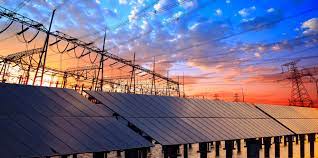
Energy is fundamental to the, operation of modern economies and to everyday, life. It is a highly evolving and fast-changing, area of law and policy, and therefore an exciting, topic in modern legal studies. This course covers, energy resource law and policy in the United, States governing the production, transportation,, consumption, and disposal of a broad variety of, energy resources., , From this course students will be able to: 1., Identify critical issues concerning the extraction, and consumption of the world's primary sources of, energy: coal, oil, biofuels, natural gas,, hydropower, nuclear, wind, solar, and geothermal, energy; 2. Assess the basic tension between free, market trading of energy and government, regulation; 3. Analyze federalism issues and the, division of U.S. regulatory authority governing, energy production and use among federal, state,, and local government authorities; 4. Apply the, energy trilemma of security, equity, and, sustainability to a variety of energy sources and, their use., , The first half of this course will focus on a, broad range of energy sources, their extraction,, production, transportation, consumption, and, disposal. The second half of this course will, focus on hot topics in energy law and policy that, highlight the complexity of energy transactions, involved in the clean energy transition, such as, smart grid technology, development and siting of, clean energy, and the role of nuclear energy., While the course provides a basic introduction to, the electricity grid and looks at smart grid, technology, it focuses on a broad range of energy, resources. The course does not focus on the, electricity grid or electricity rate-making, as, these issues are covered in other courses such as, LAW-336 Energy Law: Electricity Regulation.
- Teacher: Lisa Benjamin